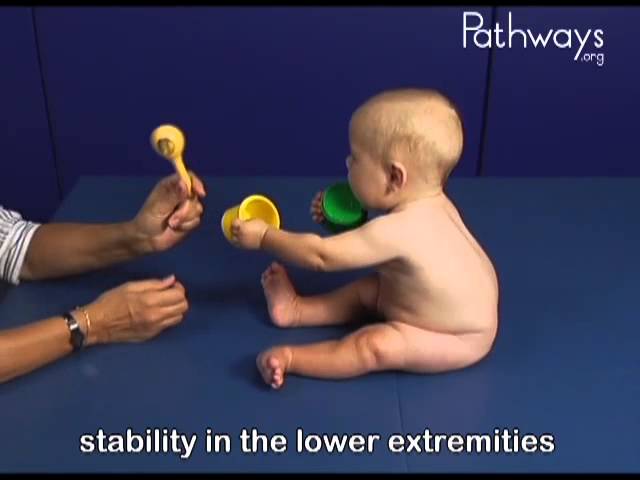 Source: bing.com
Source: bing.comTable of Contents
Introduction
As a new parent, it’s only natural to worry about your baby’s development. You want to make sure they’re hitting all their milestones and growing and learning at a healthy pace. But what happens when your baby’s development isn’t quite “typical”? What are the signs of atypical development in babies, and what can you do to help? In this article, we’ll explore these questions and more.
What is Atypical Development?
Atypical development is a term used to describe when a child’s development is not following the typical pattern. This can mean that they’re not hitting certain developmental milestones, or that they’re displaying behaviors that are not typical for their age.It’s important to note that atypical development is not the same as a developmental disorder or disability. While atypical development can be a sign of a disorder, it’s not always the case.
Signs of Atypical Development in Babies
So what are some signs that your baby may be experiencing atypical development? Here are a few things to look out for:- Slow or delayed motor skills: Your baby may not be reaching the typical milestones for crawling, sitting, standing, and walking.- Difficulty with social interaction: Your baby may not be making eye contact, smiling at you, or showing interest in interacting with others.- Communication challenges: Your baby may not be babbling, making sounds, or responding to your voice.- Unusual behaviors: Your baby may engage in repetitive behaviors, such as rocking back and forth or flapping their arms.If you notice any of these signs, it’s important to talk to your pediatrician. They can help determine if your baby’s development is atypical and recommend any necessary interventions.
Causes of Atypical Development in Babies
There are many factors that can contribute to atypical development in babies. Some of the most common causes include:- Genetics: Certain genetic disorders can affect a baby’s development.- Environmental factors: Exposure to toxins or other environmental factors can impact a baby’s development.- Prematurity: Babies who are born prematurely may experience delays in their development.- Trauma: Trauma during birth or in the early months of life can have lasting effects on a baby’s development.It’s worth noting that in many cases, the cause of atypical development is not known.
How to Help Babies with Atypical Development
If your baby is experiencing atypical development, there are many things you can do to help. Here are a few tips:- Get an evaluation: Talk to your pediatrician about getting a developmental evaluation. This can help determine if there are any underlying issues that need to be addressed.- Early intervention: The earlier you can intervene, the better. Early intervention services, such as physical therapy or speech therapy, can help your baby develop the skills they need.- Playtime: Play is one of the best ways for babies to learn and develop. Spend plenty of time playing with your baby, engaging in activities that promote movement, communication, and social interaction.- Stay positive: It’s easy to feel discouraged when your baby is experiencing atypical development. But staying positive and focusing on your baby’s strengths can help them thrive.
Frequently Asked Questions
- What is atypical development in babies?
- What causes atypical development in babies?
- How can I help my baby with atypical development?
- What should I do if I’m concerned about my baby’s development?
- Can atypical development be cured?
Atypical development refers to when a baby’s development is not following the typical pattern. This can include delays in motor skills, communication challenges, and difficulty with social interaction.
There are many factors that can contribute to atypical development, including genetics, environmental factors, prematurity, and trauma.
Getting a developmental evaluation, seeking early intervention services, spending plenty of time playing with your baby, and staying positive are all ways you can help your baby with atypical development.
Talk to your pediatrician. They can help determine if your baby’s development is atypical and recommend any necessary interventions.
There is no “cure” for atypical development, but early intervention and support can help babies develop the skills they need to thrive.
Conclusion
Atypical development in babies can be a cause for concern, but it’s important to remember that with early intervention and support, babies can still thrive. If you’re worried about your baby’s development, don’t hesitate to talk to your pediatrician. With the right interventions and plenty of love and support, your baby can reach their full potential.
